In this blog EXECKART will give you some important tips about what experiences are to be included in your resume and how do you include the same.
But before moving forward you need to have a look at what are the top skills that an employer looks for in a candidate applying for the job.

Listed below are some of the skills that an employer looks for:
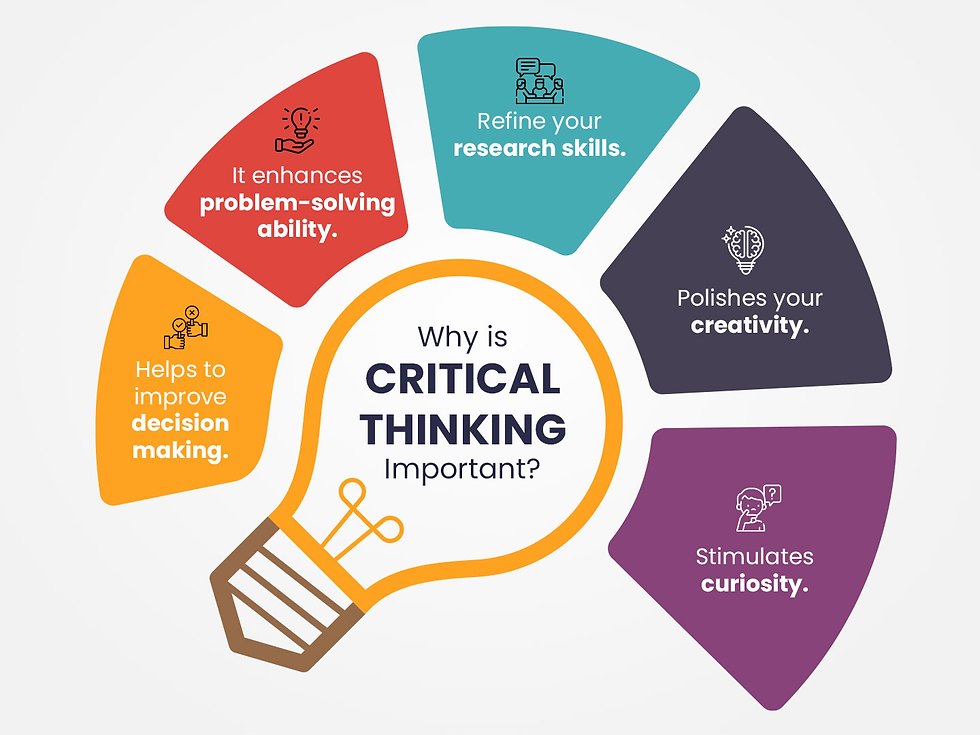
Critical thinking and problem solving
Problem solving and critical thinking refers to the ability to use knowledge, facts, and data to effectively solve problems. This doesn't mean you need to have an immediate answer, it means you have to be able to think on your feet, assess problems and find solutions.
Teamwork and collaboration

Both teamwork and collaboration involve a group of people working together to complete a shared goal. The key difference between the collaboration and teamwork is that whilst teamwork combines the individual efforts of all team members to achieve a goal, people working collaboratively complete a project collectively.
Professionalism and strong work ethic
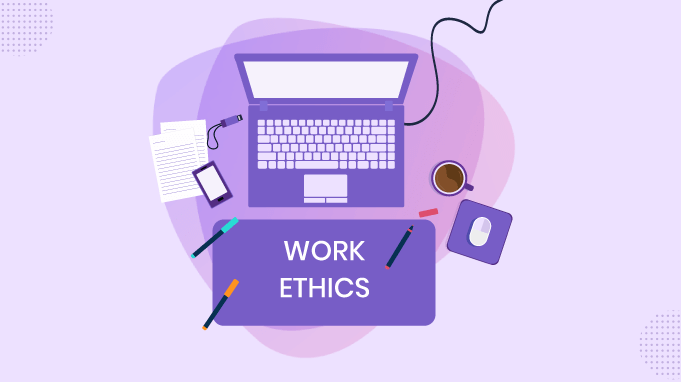
Work Ethic/Professionalism demonstrates integrity, resilience, accountability and ethical behavior. It's the ability to take initiative, maintain effectivework habits (prioritize, plan and manage work; punctuality) to produce high quality results.
Oral and written communications skills

Oral Communication: E.g. Face-to-face conversation, telephone conversation, speech, webinars, meetings etc. Written Communication: For, e.g. Text messages, letters, journals, e-mail etc.
Leadership

Leadership is the accomplishme of a goal through the direction of human assistants. The man who successfully marshals his human collaborators to achieve
Now let us look at what and how to include experiences in your resume
DOWNLOAD FREE RESUME

1. Word your experience heading(s) carefully to contribute to your personal
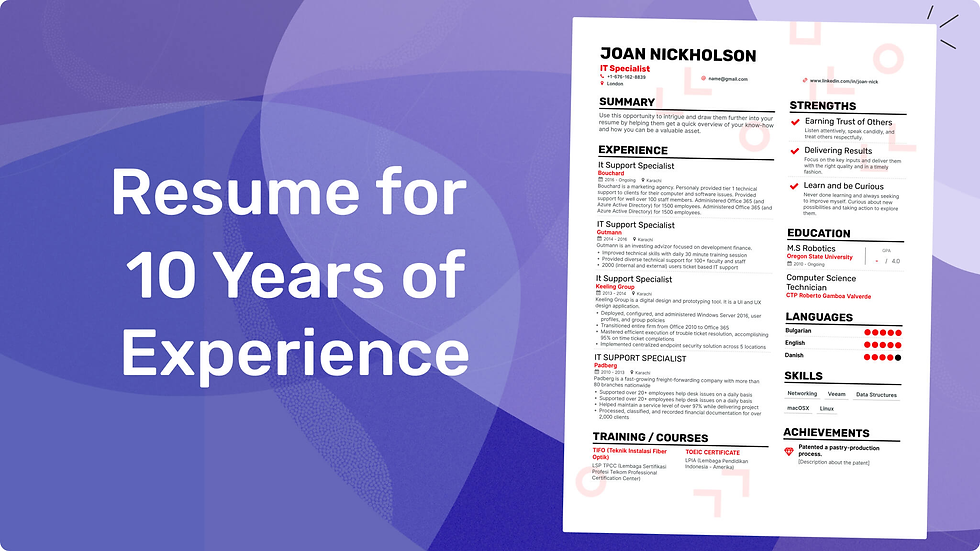
Each person will have work experience, so distinguish yourself by relating your background to the position you are seeking. For example, you will grab the attention of your readers when they skim your resume by using the header “Finance Experience” instead of just “Work History.”
2. Include buzz words or keywords.

Showcase your competency by using the terminology of your industry.
Visit the organization’s website, social media page or LinkedIn profile.
Identify popular terminology in your field by reviewing the information published by professional associations, textbooks or journals.
3. Distinguish yourself from your peers.

In addition to the results of your activities and skills, what other unique attributes do you offer an organization? What have you done better than others? What awards or honors have you received? What leadership positions have you held?
How have you improved the organizations with which you have been involved? When have you taken initiative, exceeded the call of duty or assumed more responsibility?
4. Begin each item by stating the name of the place,
location, dates, and job title (e.g. manager, volunteer)
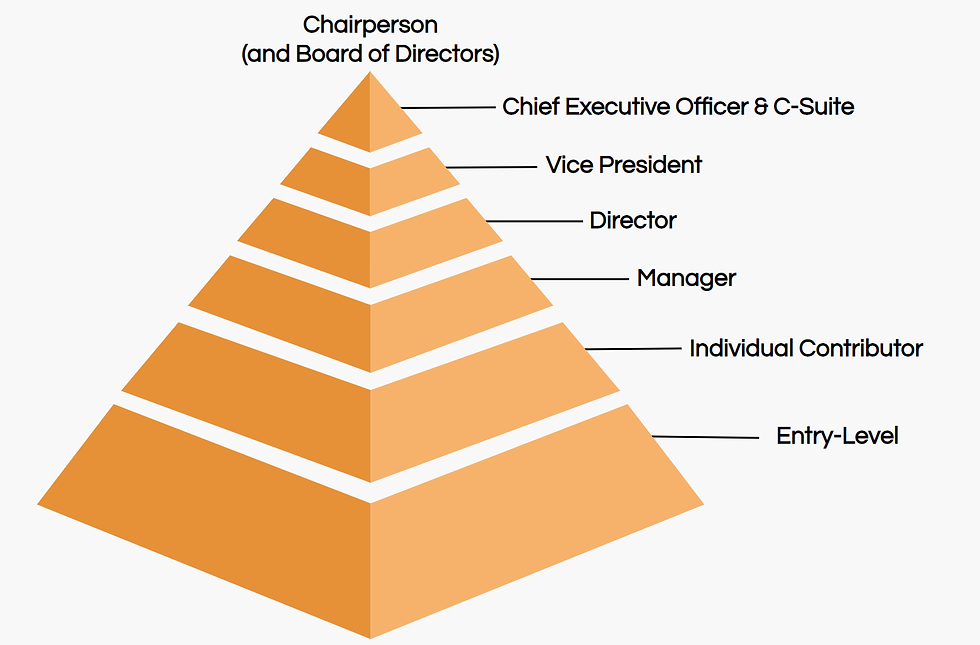
List experiences in reverse chronological order i.e with the most recent position held and work backward in time. Many job coaches and recruiters suggest that you only detail positions held within the last 10 to 15 years, as anything prior to those dates will be irrelevant and excessive in detail.
5. Describe your responsibilities in concise statements led by strong verbs

Focus on those skills and strengths that you possess and that you have identified as being important to your field. Try to incorporate industry specific key words. Show potential employers exactly how you will fit their position and their company.
6. Avoid summarizing or describing what a company or organization you worked with did or does.
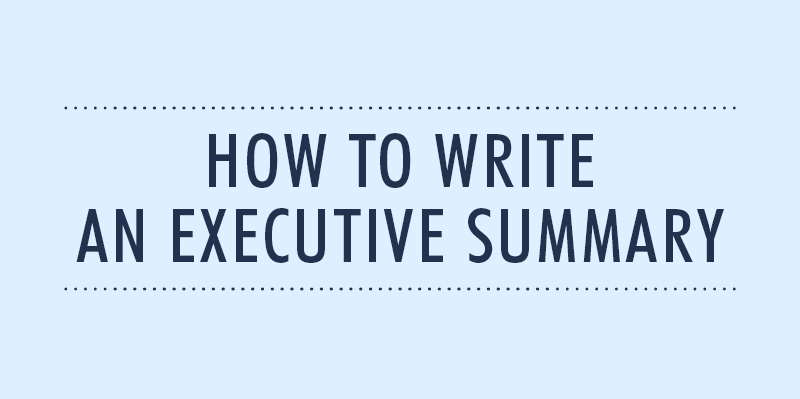
Describe your responsibilities and accomplishments in relationship to the job/organization, not the job/organization itself.
7. Include quantifiable examples of your success.

because as per researches made, more than 30% of recruiters will not consider your applications if they are not specific to the role.
8. For students or recent graduates, relevant work “experience” can also include:
Unrelated jobs, internships, volunteering, and freelance projects can all be sources of relevant experience. Highlight your achievements and accomplishments, rather than just listing the duties and responsibilities of previous positions. Focus your resume work experience section around related experience.

Internships
Volunteer work
Study abroad programs
Leaderships in clubs or community teams
Download Free Resume
From Execkart.com

Comments